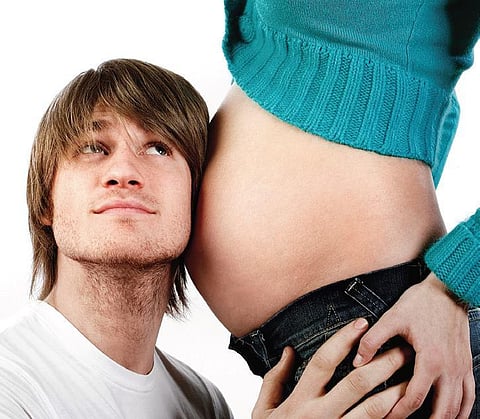

HYDERABAD: A diagnosis of breast cancer can be devastating; younger patients face the additional risk of potential loss of reproductive function and the opportunity to have children. With the available treatment options, survival rates in cancer patients are very good with a chance of leading a normal life, but can at times come at the cost of reduced fertility. But fertility preservation enables young patients to preserve their fertility and conceive at a convenient time in the future. This can be done by freezing eggs, embryos and ovarian tissue.
A person diagnosed with cancer has to speak to their oncologist as well as a fertility specialist about egg freezing before starting the treatment for cancer surgery. There is hope!
Impact on fertility
Treatments for cancer — surgery, radiation therapy and chemotherapy — can have a significant impact on fertility. Surgery involving reproductive organs, including the uterus, Fallopian tubes or ovaries, can decrease fertility. Depending on the location of cancer, there may be a need to remove some or all reproductive organs, even if cancer does not directly involve these organs. Chemotherapy can damage the eggs in ovaries. Some women may even go into early menopause following treatment. Radiation, on the other hand, can permanently harm the ovaries.
How are eggs frozen?
Freezing of multiple eggs requires that you undergo ovarian stimulation using medication to stimulate your ovaries to develop multiple eggs at once. The medication used for stimulation can be either injectable or oral. The medication to start stimulation to extract the oocytes (eggs) can be started at any time of the cycle or based on the day of the cycle with oral medicines and a low dose of gonadotropins.
This will depend on the time available for fertility preservation before the treatment for the disease can be started. Time required for medications to develop the follicles before the oocyte retrieval may vary from three-11 days.
The medications used will depend on your primary oncological condition. Your doctor will closely monitor you with blood work and ultrasounds to check how your ovaries are responding. Once the ovaries are ready, eggs are removed by placing an ultrasound probe into your vagina while guiding a needle into your ovaries. The procedure is performed under anaesthesia and takes 15-30 minutes. The eggs are then placed in a special solution in the lab, which can then be frozen, or embryos (if married) can be created and frozen. The frozen eggs/embryos are placed in liquid nitrogen and can be stored for many years.
(Dr Durga G Rao, co-founder & medical director, Oasis Fertility)